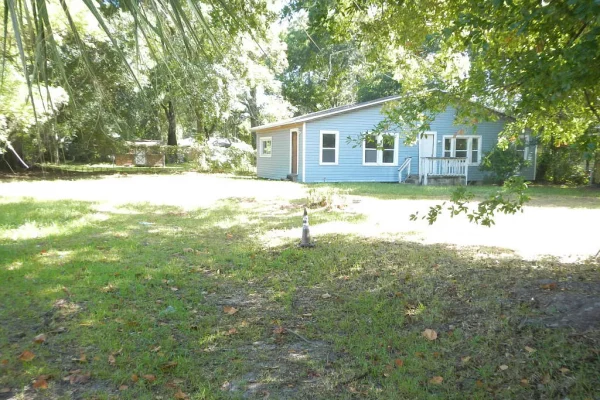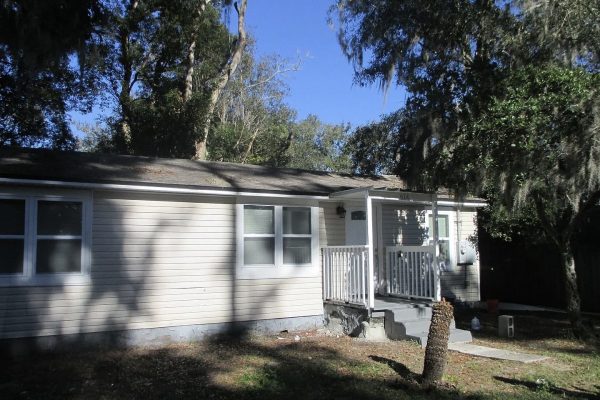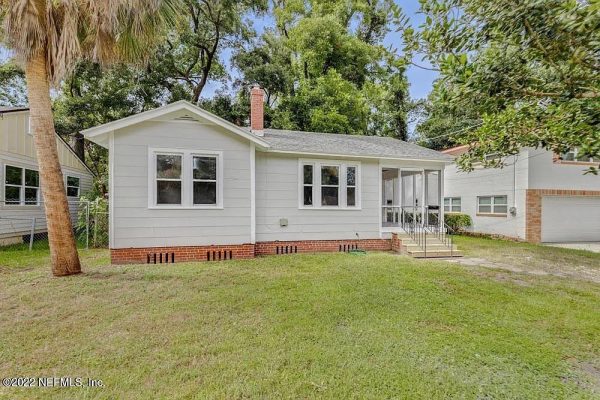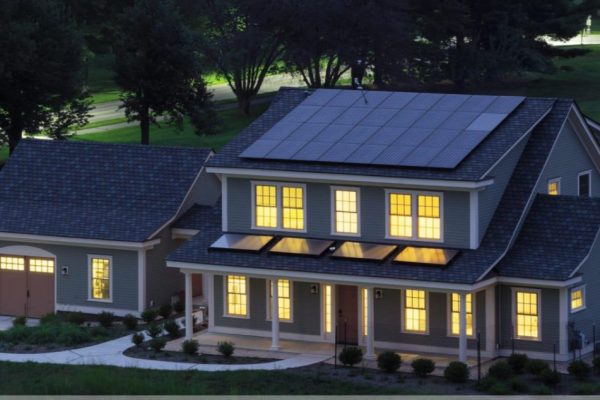Secrets Of Using a Short Sale To Avoid Financial Disaster
Dear Homeowner,
Please ask yourself the following two important questions:
Do you owe close to or more than what your house is worth?
If you answered yes, you are not alone. It is estimated that 25% of all homeowners with mortgages in the United States owe more on their property than what it’s worth.
Are you worried about making your mortgage payments?
If you answered yes, then again you are not alone. The Mortgage Bankers Association reports that 9.94% of all loans are currently delinquent. (1 out of every 10 mortgage holder in the United States is behind on their house payments)
The question here is, what should you do about it?
The decision of whether or not to short sale your house is an important decision. Therefore we encourage you to take the time necessary to read this special report and become familiar with the options available to you. Doing so will empower you with all of the necessary information, which will enable you to make an informed and intelligent decision for you and your family.
Also please keep in mind that it is better to choose ‘the wrong thing‘, then to choose ‘nothing‘. Something is better than nothing. The consequences of foreclosure are far too damaging for you to idly sit by and watch it happen. You do have options available to you, and we’re here to help, no matter what your decision may be.
Through many years of business, we have accumulated a list of the most frequently asked questions. Those questions are answered in this report starting on the next page. If you have any questions that were not addressed in this report, or if you’d like to speak with us about your specific situation, then you can always call our office anytime and we will be happy to schedule you a free 30 min consultation.
Now before continuing on to the FAQ section, we want to first give you a summary of our position on short sales. This will give you a good understanding as to how you will benefit from completing a short sale on your property. After reading this, please proceed to the next page where you’ll find the answers to all of your specific questions in our FAQ.
Our position on short sales:
“We believe that a short sale is most likely your best option in this situation”
Here’s why:
The decision of whether or not to short sale your house should strictly be a financial decision, NOT an emotional decision. And when you look solely at the numbers, it becomes clear that a short sale just makes good fiscal sense. (Sometimes even in situations where you are not yet behind on your payments, and can’t afford to wait out the recovery of the housing market).
Consider this, let’s say that you purchased a home for $800,000 at the peak of the market, and it has depreciated 35% to a current value of $520,000.
Does it make sense to hold onto this ‘asset’? Let’s see:
Most experts agree that the market will continue to decline for another 6 months to a year, and then remain flat for 1-2 years before the values begin to rise. So let’s assume that’s the case, and also let’s assume that when prices do go up, they appreciate at an average rate of 6% per year.
So what does that mean to the homeowner that’s “waiting it out”? It means that they would have to wait 12 years for the property to regain its initial value! That’s another 12 years of you being upside down in your home.
Now let’s further examine this. Is there a smarter alternative?
What about a loan modification? The biggest problem with loan modifications is that even if the lender lowers your monthly payment, the likelihood of them forgiving any of your principal balance is very small. And as you’ll see below, holding onto an ‘asset’ that has depreciated so greatly in value can be very costly to you.
What about a short sale? A short sale offers several advantages in this scenario. First of all, the sellers can rebuild their cash savings by temporarily renting instead of paying on a mortgage. (Rent on a similar type property is usually close to 40% of what the mortgage payment is) This can quickly add up to a significant amount.
The seller can then purchase another property in 2-3 years. The timing in this case is perfect in that the market will have rebounded by this time, and the seller’s credit will have since improved. (Fannie Mae, America’s largest mortgage buyer, will allow a short sale seller to qualify for a new loan within just 2 years after a short sale)
The biggest advantage here is that the seller will now own a similar home, except their mortgage balance will be for $520,000, instead of $800,000. That’s a difference of $280,000! So when the property then appreciates in value, that increase will be your profit!
Now the disadvantage here of course is that a short sale does affect your credit. How greatly your credit score is affected will depend on several factors, including the number of your other ‘positive pay’ accounts on your credit report, and also the length of history you have on each of those accounts.
The bottom line here is, you have to ask yourself: “how much is my credit worth to me?”
And as you can see, when you look at the situation from a analytical & financial point of view, it becomes readily apparent that the most logical choice is a short sale.









